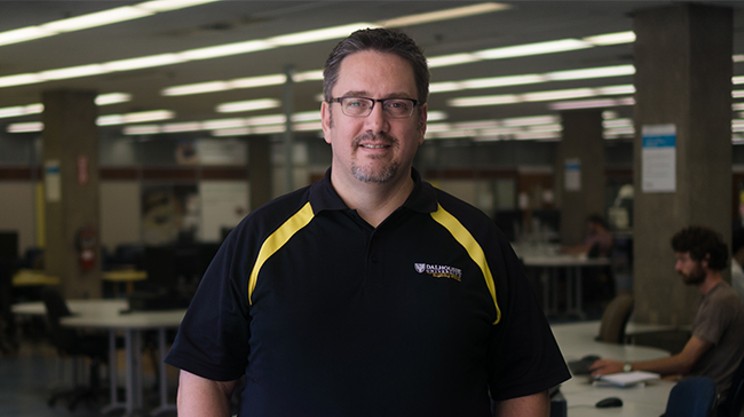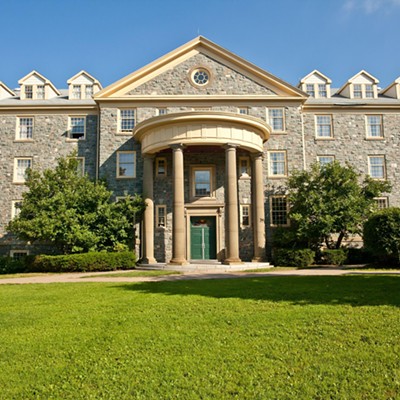University campuses across Nova Scotia are continuing to benefit from contract faculty who face high workloads, low job security and lower wages than tenured professors, leaving a mental health drain on this province’s educators.
The common assumption is
According to research by Karen Foster and the Association of Nova Scotia University Teachers, this assumption is far from correct.
Less than one in five contract professors are students, nearly half are over the age of 45 and the majority have been working at their institution for more than five years, concludes Foster’s report, which contains data collected from over 200
The reality is that many contract professors are precarious workers: Putting in full-time hours for low wages, little job security and without full-time benefits.
“Usually a tenure-track professor at a research university splits their time between teaching, research and service,” explains one contract professor at the University of King’s College. They asked not to be named to avoid difficulty finding permanent work in the future. “A person who’s working on contract is hired only to teach. Right there you have an indication of the distribution of labour.”
Because they’re only hired to teach, many contract professors take on heavy course loads—often outside their area of speciality—and at times are also expected to engage in unpaid service work. As a result, they have limited time and funding for research work that would develop their portfolios.
“The longer you are teaching on contract, the less chance you have of getting a tenure track job,” says the King’s contractor. “So you’re doing it just to stay alive for the moment, but you’re watching the long-term career disintegrate.”
The challenges often extend beyond faculty and into the classroom. Contract staff have to cater more to the students’ needs to make sure they get rehired again, says the professor.
“One negative student review causes a contract professor’s mental health to take a blow in a way it doesn’t cause a tenure track professor’s mental health to take a blow.”
The result is a drain on emotional resources for the already overworked, underpaid academic staff. “Almost everyone who ends up as an academic does it because they love what they do, they find that they want to share that love for what they do,” says Abramson, who holds tenure at Dal. “I sometimes worry that that deep devotion to subject matter, to the intellectual rigour and significance of the study, is something that makes academic staff easier to exploit.”
Abramson says the solution is simple: Universities and the government should prioritize opening more positions for non-precarious staff. In his experience, universities will rely on contract instructors to reduce recurring costs for the institution, but the real issue is a question of budget choices and priorities.
“We think that there are resources available for non-precarious academic staff,” says Abramson. “I think it will require a rethinking of the priorities of the administrations of universities in Nova Scotia and it will require a commitment from the provincial government.”
In the meantime, some are encouraged by the growing spotlight on contract professors and the precariousness of their work. Universities are beginning to offer better benefits where they can, says the King’s professor, including improved maternity leave and access to research and conference grants.
“I think there’s a growing awareness of those kinds of emotional labour that all professors do, but especially contract professors,” they note. “I hope that will mean that good attention and policy is paid to those people and those situations.”
Precarious labour is exploiting university educators
Many contract professors are working full-time hours for low wages, little job security and few benefits.
[
{
"name": "Air - Inline Content - Upper",
"component": "26908817",
"insertPoint": "1/4",
"requiredCountToDisplay": "8"
},{
"name": "Air - Inline Content - Middle",
"component": "26908818",
"insertPoint": "1/2",
"requiredCountToDisplay": "8"
},{
"name": "Air - Inline Content - Lower",
"component": "26908819",
"insertPoint": "100",
"requiredCountToDisplay": "1"
}
]

























